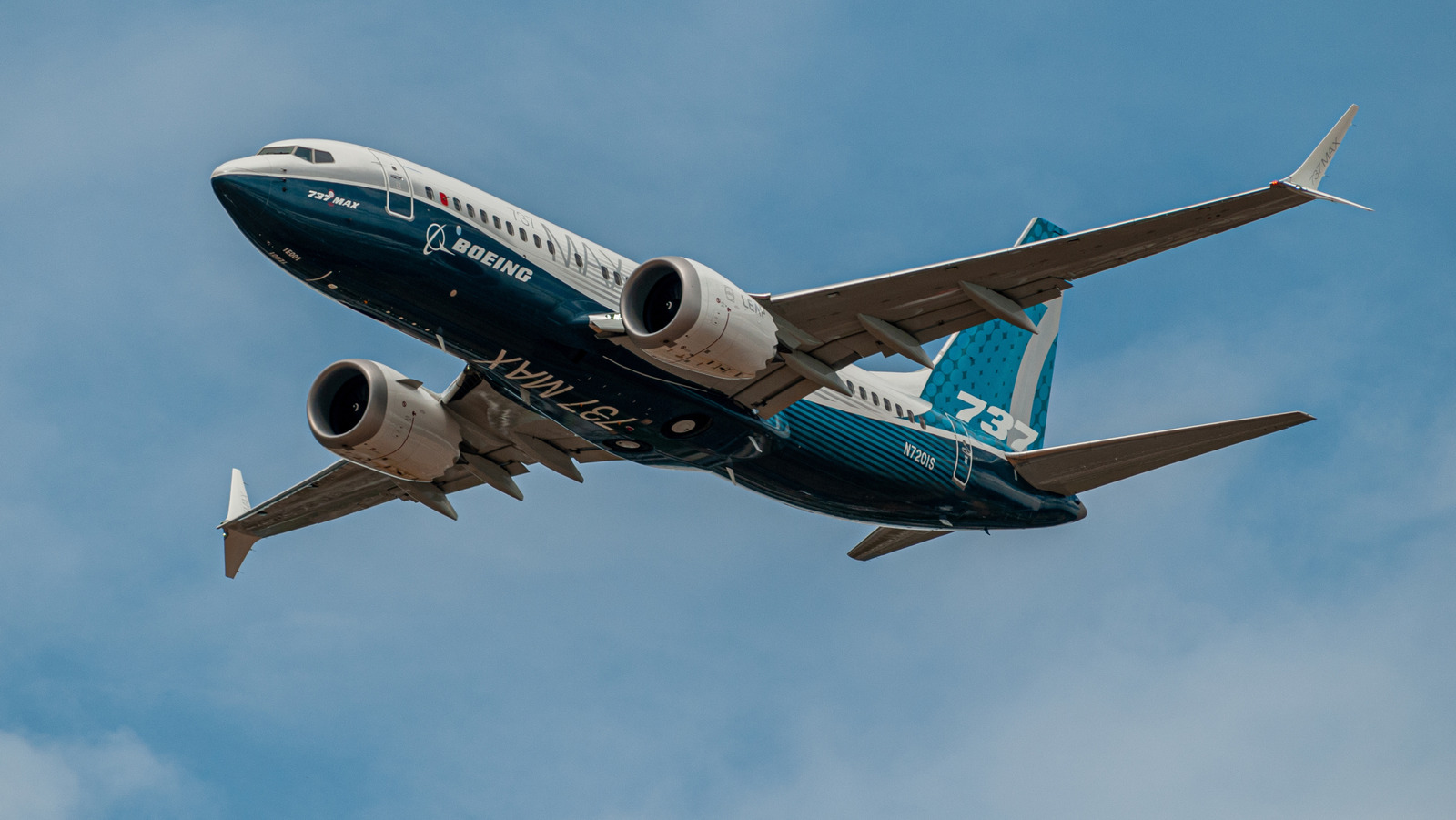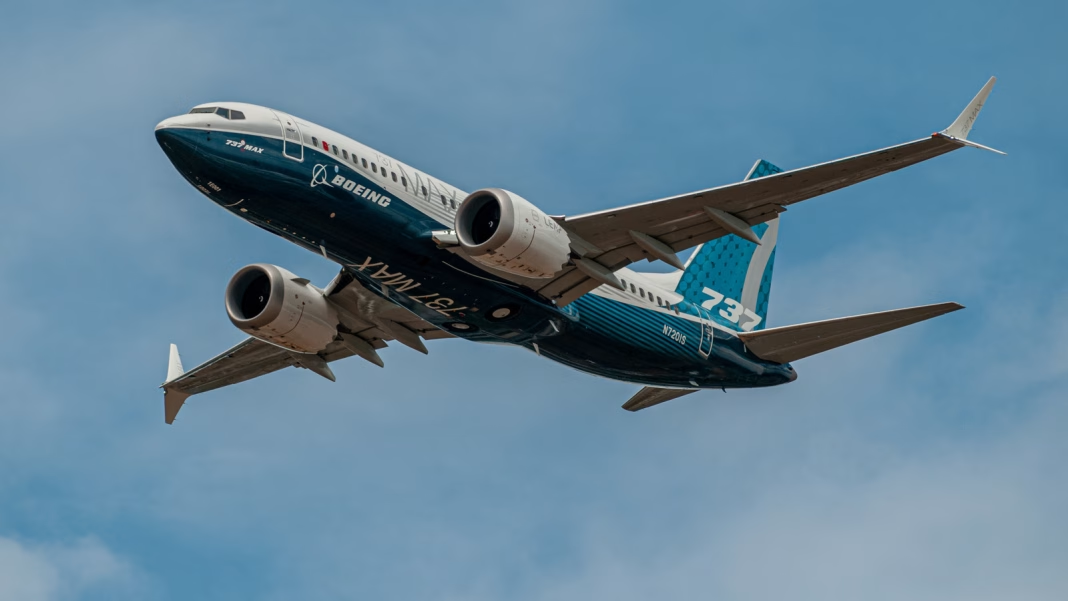Boeing’s Shift Towards Enhanced Safety Standards
Boeing, the iconic Washington-based aircraft manufacturer, has recently made headlines by informing the Federal Aviation Administration (FAA) that it no longer requires a safety exemption granted to it in 2023. This decision marks a significant shift in the company’s approach to safety and regulatory compliance, and it raises some intriguing questions about the future of aviation safety standards.
What Led to This Decision?
Back in 2023, Boeing was granted a safety exemption that allowed it to bypass certain regulatory requirements. At the time, this move was likely seen as a way to expedite production processes and reduce costs. However, the landscape of aviation safety is always evolving, and the pressures of public perception, regulatory scrutiny, and the need for absolute safety have prompted Boeing to reconsider its stance. By stepping away from the exemption, Boeing signals a commitment to prioritizing safety over expediency.
This change could be influenced by several factors, including ongoing scrutiny from regulators and the public. The aviation industry has faced significant challenges in recent years, particularly following high-profile accidents and incidents that have raised questions about safety protocols. Boeing’s decision to forgo the exemption could be a strategic move to rebuild trust with consumers and stakeholders alike.
What Does This Mean for Boeing and the Industry?
Boeing’s choice to enhance safety standards rather than rely on exemptions is a powerful statement. It suggests that the company is willing to invest in more rigorous safety measures, which could ultimately lead to better aircraft and a stronger reputation. This shift could also set a precedent for other manufacturers in the industry, encouraging them to adopt similar practices.
Moreover, this decision may have implications for regulatory bodies as well. The FAA has been under pressure to ensure that safety standards are not only met but exceeded. Boeing’s proactive approach could lead to a more collaborative relationship between manufacturers and regulators, fostering an environment where safety is the top priority.
Real-World Implications for Passengers
For everyday travelers, this decision could translate into a more robust safety framework. With Boeing stepping up its commitment to safety, passengers might feel more confident when boarding their flights. Enhanced safety measures could include improved training for pilots, more stringent maintenance protocols, and the integration of advanced technology to monitor aircraft performance.
Imagine boarding a plane knowing that the manufacturer is actively working to exceed safety standards. That peace of mind can make a world of difference, especially for those who may feel anxious about flying.
What’s Next for Boeing?
As Boeing moves forward, it will be interesting to see how this decision impacts its operations and public image. The company will need to balance the demands of production with the imperative of safety. It’s a delicate dance, but one that could ultimately lead to a stronger, more resilient company.
Investors and industry analysts will be watching closely. Will this commitment to safety translate into improved financial performance? Only time will tell, but one thing is clear: Boeing’s decision to relinquish its safety exemption is a bold step towards a more secure future in aviation.
The big takeaway? Boeing’s shift isn’t just about compliance—it’s about setting a new standard in safety. By prioritizing these values, the company is not only protecting its reputation but also ensuring that flying remains one of the safest modes of transportation. If you’re a frequent flyer, this is a development worth celebrating.


